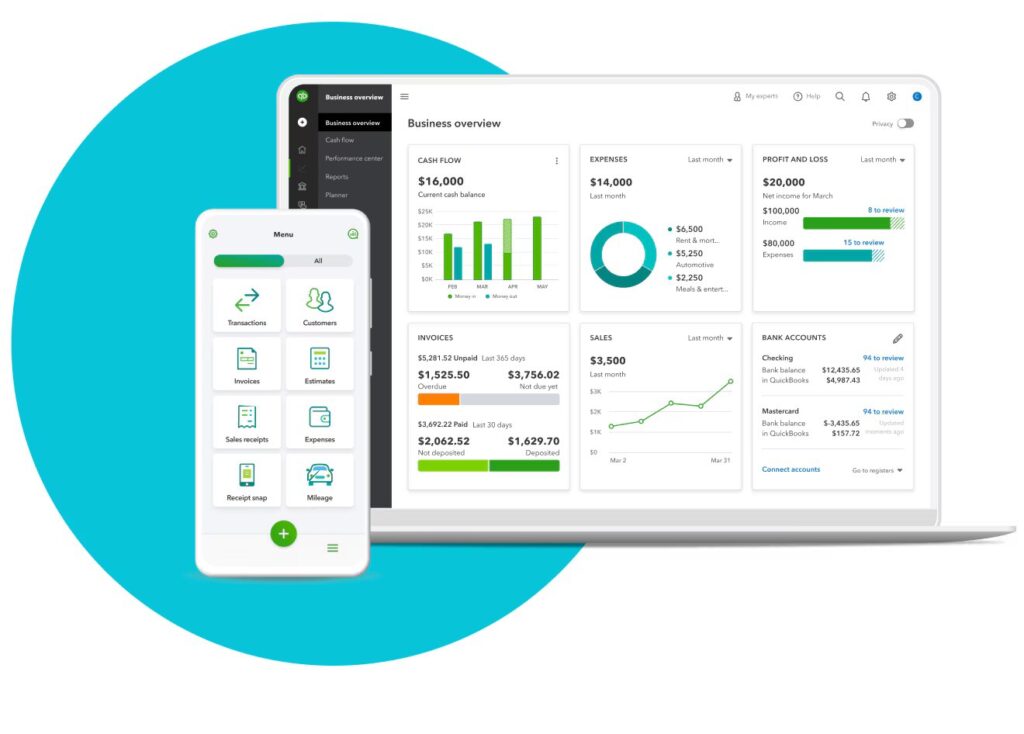Unlocking Potential: Pursuing an Online Degree in Educational Psychology

In today’s rapidly evolving educational landscape, the demand for skilled professionals who understand the intricacies of human learning and development is at an all-time high. An online degree in educational psychology not only equips individuals with the necessary knowledge and expertise but also offers the flexibility to balance education with existing commitments. This article explores the nuances of pursuing such a degree, its benefits, potential career paths, and considerations for prospective students.
Understanding Educational Psychology
Educational psychology, at its core, delves into the study of how individuals learn and develop within educational settings. It encompasses a wide range of topics, from cognitive processes and motivational theories to social and emotional development. An online degree in educational psychology provides students with a deep understanding of these aspects, preparing them to apply psychological principles in educational contexts effectively.
The Rise of Online Education
In recent years, online education has revolutionized how individuals access higher learning. The flexibility and accessibility offered by online degrees in educational psychology cater to a diverse demographic of students—ranging from working professionals seeking career advancement to stay-at-home parents looking to balance family commitments with personal growth.
Benefits of Pursuing an Online Degree in Educational Psychology
1. Flexibility and Convenience
One of the primary advantages of opting for an online degree in educational psychology is flexibility. Students can attend classes and complete coursework from anywhere in the world, at times that suit their schedules. This flexibility is particularly beneficial for those juggling full-time jobs or familial responsibilities.
2. Diverse Specialization Opportunities
Educational psychology is a broad field with various specializations, including learning sciences, instructional design, and educational technology. Online programs often offer opportunities for students to tailor their studies according to their interests and career goals, providing a diverse range of elective courses and concentrations.
3. Accessibility to Expert Faculty
Contrary to traditional beliefs, online education today boasts highly qualified faculty members who are experts in their respective fields. Through virtual classrooms, discussion forums, and one-on-one sessions, students pursuing an online degree in educational psychology can engage with and learn from professors and practitioners with extensive experience in the field.
4. Cost-Effectiveness
Online programs are frequently more cost-effective than their on-campus counterparts. They eliminate expenses related to commuting, campus fees, and sometimes even textbooks, making higher education more accessible and affordable for a broader spectrum of learners.
Career Paths in Educational Psychology
Earning an online degree in educational psychology opens up a myriad of career paths across various sectors:
1. School Psychologist
School psychologists play a crucial role in supporting the academic and emotional well-being of students. They assess and intervene in educational settings to help students overcome learning and behavioral challenges.
2. Educational Consultant
Educational consultants work with schools, districts, or educational organizations to improve teaching methods, curriculum development, and student outcomes. They apply psychological principles to enhance educational practices and policies.
3. Researcher
Educational psychologists often engage in research to advance the understanding of learning processes and educational interventions. They may work in academic institutions, research centers, or government agencies, contributing to evidence-based practices in education.
4. Policy Analyst
Policy analysts in educational psychology work at the intersection of education and public policy. They evaluate the impact of policies on educational outcomes, advocate for evidence-based reforms, and influence decision-making processes at local, state, or national levels.
Considerations for Prospective Students
While pursuing an online degree in educational psychology offers numerous benefits, prospective students should consider several factors:
1. Accreditation
Ensure that the online program is accredited by recognized accreditation bodies. Accreditation ensures that the program meets high standards of educational quality and that credits earned are transferable to other institutions or recognized by employers.
2. Technology Requirements
Online learning relies heavily on technology. Before enrolling, ensure that you have access to reliable internet service and the necessary hardware and software required to participate in online classes effectively.
3. Time Management Skills
Successfully navigating an online degree program requires strong time management and self-discipline. Create a study schedule, set realistic goals, and maintain regular communication with instructors and classmates to stay on track.
4. Support Services
Evaluate the support services offered by the online program, such as academic advising, technical support, and career services. These resources can greatly enhance your educational experience and help you achieve your academic and career goals.
Conclusion
An online degree in educational psychology offers a pathway to a rewarding career dedicated to understanding and improving educational practices. Whether you aspire to become a school psychologist, educational consultant, researcher, or policy analyst, the knowledge and skills gained through this program are invaluable. With the flexibility of online education and the growing demand for qualified educational psychologists, now is an opportune time to embark on this educational journey. Embrace the possibilities, unlock your potential, and make a lasting impact in the field of education through an online degree in educational psychology.












